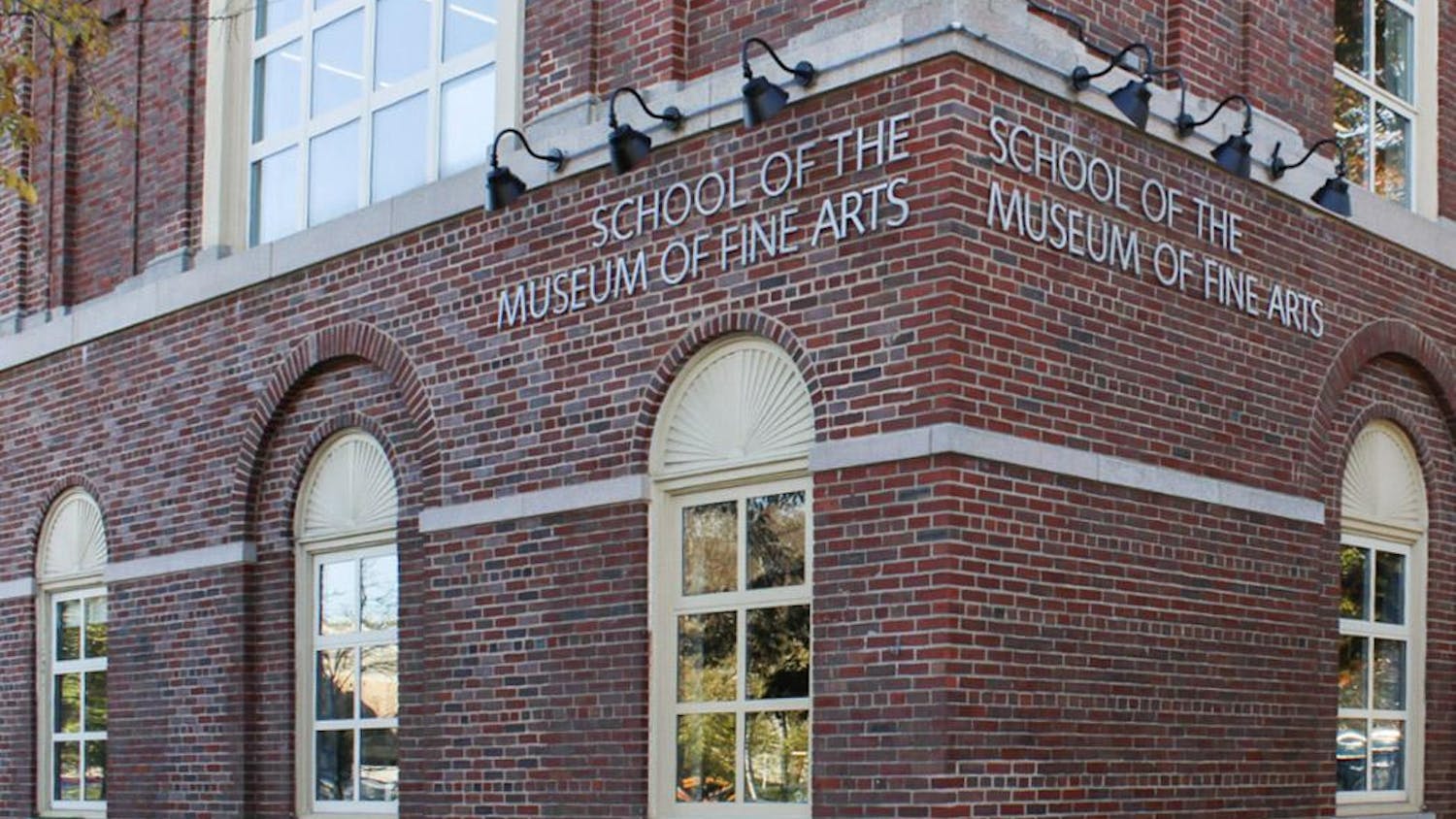While many Tufts seniors continue to grapple with their post-graduation futures, two juniors already know what they're doing — and it's no desk job.
Air Force Reserve Officers Training Corps (AFROTC) cadets Brittany Trimble and Jared Kaminski last month learned they have been guaranteed slots with the U.S. Air Force's flight school following their graduation from Tufts next year.
Trimble and Kaminski were two of 750 AFROTC college juniors nationwide who applied for the competitive positions — only 502 were awarded slots. Trimble will enter pilot training, and Kaminski was accepted to train as a Combat Systems Operator (CSO), or navigator.
All four of the cadets in AFROTC Detachment 365 — the unit based out of the Massachusetts Institute of Technology with which Tufts' cadets complete their ROTC training — who applied were awarded positions in the school, according to U.S. Air Force Captain Daniel Sawicki, who instructs the detachment.
Kaminski was also placed on the waitlist for a pilot position and is optimistic that he will be accepted to the higher training program.
We're crossing our fingers," Sawicki said, going on to praise the Tufts cadets' dedication.
"Both cadets are very motivated and well-rounded, and what that means for the Air Force is that we end up with very qualified leaders. The combination of a Tufts education and ROTC training builds strong character and strong individuals, which is what the Air Force and our government need and what both exhibit," Sawicki said.
Trimble and Kaminski will begin training next summer, and their positions require a service commitment of 10 and six years, respectively, according to Sawicki.
"Being a navigator is a lot of responsibility and an amazing experience," Kaminski said. "I see myself doing well because I work well under pressure. It's also pretty awesome to be part of something bigger than yourself. … It's more than just a typical 9-to-5 job."
Sawicki said Trimble, as a pilot, will after a year of basic training be assigned an airplane and start her career in the Air Force.
"The pilot position is a pretty inclusive career path for quite a while," Trimble said. "You fly operational missions and are stationed places overseas," she said.
Trimble, whose father was also a pilot in the Air Force, expressed her thrill at learning she had received the slot. "This is definitely a dream come true," she said. "I'm so excited. … It's nice to see all that hard work pay off."
She noted that unlike most college students, AFROTC cadets accepted to flight school essentially have their career paths set for them.
"It's hard, especially at our age, because most students will say, ‘I need to get this degree so I can apply for this internship so I can get this job,' and finding a career is a really long process," she said. "But for us, your junior year you know what you're going to be doing. You get a sense of, ‘There's my life after college."
Admission to flight school is based on cadets' entire AFROTC career, making the process extremely competitive, Sawicki said. Students are evaluated on, among other things, their GPA, performance in a written exam and physical fitness tests, and how they rank among their peers.
Kaminski joined AFROTC as a sophomore and was accepted to the Air Force Academy but opted instead for a more collegiate lifestyle at Tufts, where he studies mechanical engineering.
"Initially, I thought it would be really cool to design planes, and then I went into training and realized I wanted to fly them," Kaminski added.
Trimble said that, because of her upbringing, a career in the Air Force had always been in the back of her mind.
"I grew up with a hint of the military aspect … and was brought up with a lot of values reflected in the military. As I got older, ROTC stood out as something I wanted to try," she said.
Trimble said that she plans to work as a pilot for much of her military career.
"I'm definitely looking to stay in the military. The pilot spot is a minimum of 10 years; most people make a career out of it, and that's what I'm looking to do. I would like to do as much time serving as possible, and I'll see where things take me after that."





